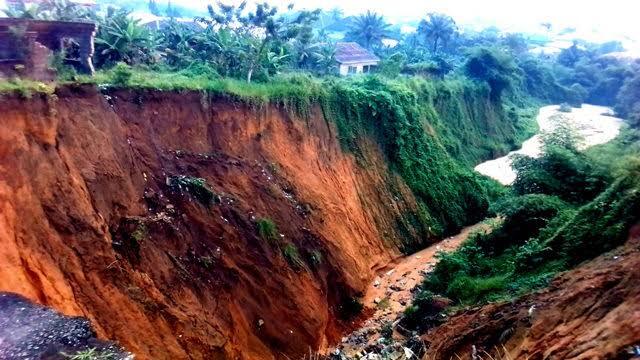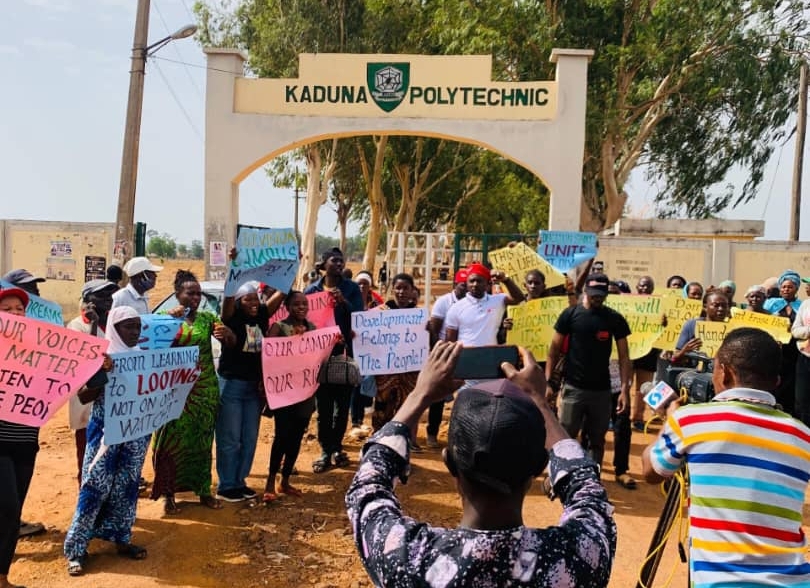Phil-Eze said this at a one day sensitisation workshop on the use of “Local Knowledge to Combat Erosion” in Awka on Friday.
The workshop was organised by Environment Development Initiative for Africa (EDIA), a non-governmental organization on environmental sustainability in collaboration with ANSEWCCA
Phil-Ez who presented a paper titled “Expanding Interventions in the Control of Soil Erosion in Anambra State Through Local Action” said the state was one of the most degraded and erosion-ravaged landscapes in Africa.
He said soil erosion was as a result of a number of factors including natural and man made, and called for pragmatic local remedial measures and approaches towards preventing the menace by nipping it in the bud.
According to him, 160 communities out of the 179 communities in the state are facing erosion hazards.
“Natural causes of erosion menace include intensity of rainfall, flood/runoff, lithology (loose soil type), topography and scarce vegetation cover.
“Man-made causes include the culture of negligence, cutting down trees, indiscriminate waste disposal, lack of harvesting rainwater, sand mining, modern roofing styles and interlock tiles, inadequate knowledge of the environment, lack of involvement of the local communities in erosion control.
“Others are poor termination of drainage channels, wrongly terminated or diverted channels by contractors during construction, land use patterns in buildings and developments without plans to accommodate erosion and unhealthy farming practice,” he said.
Phil-Eze warned residents to desist from unhealthy environmental practices which had the potential to exacerbate the menace.
The Director of Research and Publication for EDIA, Prof. Emma Ezenwaji, said the objective of the exercise was to encourage positive behavioral attitude towards environmental sustainability.
He said the capacity building workshop was timely and critical considering the fact that Anambra was a serious concern in terms of erosion, flooding and other environmental hazards.
According to him, this event is engaging, interactive and participatory to ensure effective transfer of needed knowledge and skills.
Commissioner for Environment, Dr Felix Odimegwu, commended the organisers of the programme which he described as ‘a timely intervention’.
Odimegwu who was represented by Mr Tochukwu Obodogha, the Permanent Secretary, said prevention was the best approach in erosion control.
According to him, the administration of Prof. Chukwuma Soludo prioritises environmental sustainability, and the ministry would continue to encourage environmental best practices in the state. (NAN)










